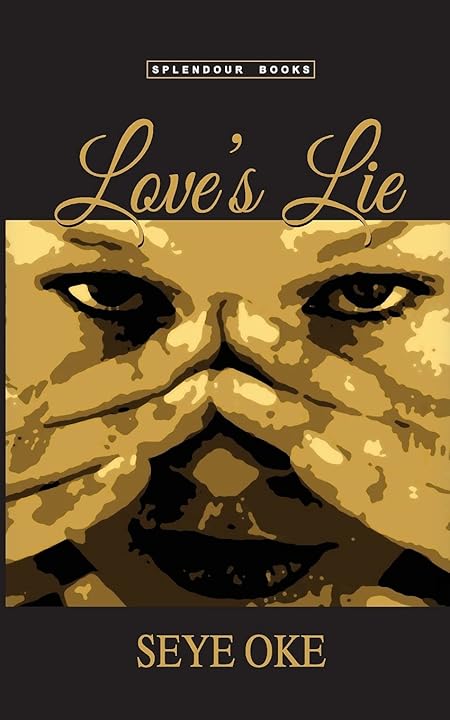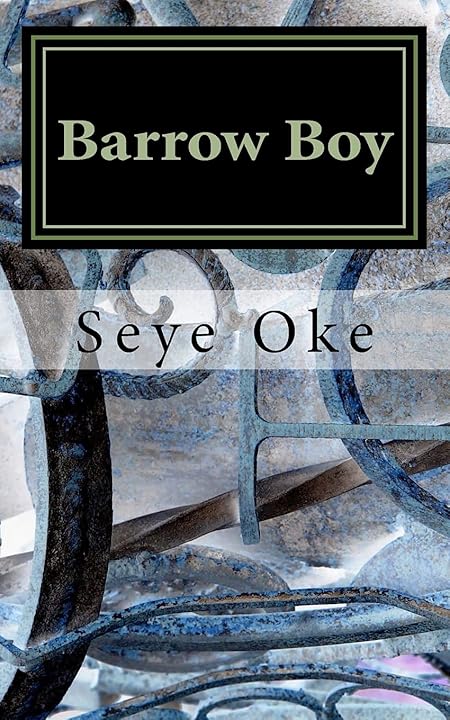Sustaining Creativity
 |
Ideas are like a puff of smoke, up in the air then disappearing in an instant. It’s amazing to think that something so small as an acorn can grow into something so great as an oak tree that transcends time. Look around your home today; you can count almost a dozen everyday labels that once began as an idea. Think of it: companies like Twinning, Careem, Houzz, Apple, Disney and Coca Cola all started with a thought. However, the transformation of that simple thought into something that still touches people’ lives so many years later only happened because someone decided to act on that thought.
I love small businesses, and as an Entrepreneur and Intrapreneur, I thrive on ideas and live to transform those ideas into reality. People have asked me, “How are you so creative?” and “How do you come up with these thoughts?” Well, over the years, I have come to realise that the process of transforming a simple thought into reality is the fuel for an unending well of creativity. There is something about seeing the end product of an idea that sparks even more creativity for my next project, despite the hard knocks I know I’ll have along the way.
So, here are a few pointers to follow to ensure your well of ideas never runs dry:
I love small businesses, and as an Entrepreneur and Intrapreneur, I thrive on ideas and live to transform those ideas into reality. People have asked me, “How are you so creative?” and “How do you come up with these thoughts?” Well, over the years, I have come to realise that the process of transforming a simple thought into reality is the fuel for an unending well of creativity. There is something about seeing the end product of an idea that sparks even more creativity for my next project, despite the hard knocks I know I’ll have along the way.
So, here are a few pointers to follow to ensure your well of ideas never runs dry:
- Take every thought seriously.
- Start small and scrappy.
- Improvise with what you have.
- Learn from the hard knocks along the way.
- Finish what you start.
Great ideas are everywhere but are camouflaged as ordinary thoughts. You’ll be amazed by the number of life-transforming ideas flashing across your mind that you don’t give a second thought to. To build your creative spark, take your thoughts seriously. You may be listening to the news when you hear about an issue someone is facing, and you say to yourself, “So why can’t they try this or that?” Eureka! Gold mine struck! But what did you do with that thought? Ignore it, brush it away, laugh it off? I hope not. What you should do is dwell on it a little longer. Process it. Think about the problem again and your proposed solution. If it struck a nerve with you, chances are there are others out there who may find your solution very useful. So, give it more thought; the longer you think about it, the more it will develop, then you can accurately assess its viability.
Start small and scrappy
Start small and scrappy
So, you have the idea and are faced with the incredible task of making it a real thing. The best way to go about that is to do something, anything. Just act on it. When I was in my teens, I wanted to write Christian fiction books and get them published. However, in the west of Africa where I lived at the time, there were only educational book publishers. When I was done writing my first book, I spent a considerable amount of time trying to find someone to publish it. After a while, I realised that this was a tall order, so I decide to self-publish. Since I had very little knowledge of the publishing world, I started learning about that industry by writing short stories on small pamphlets and self-publishing them. I learned a lot, which came in very handy when I decided to publish a full novel. That concept of starting small and scrappy and stayed with ever since. You’ve got to start small, so you can learn from the experience and perfect your act as you go along.
Improvise with what you have
Improvise with what you have
Next to starting small is improvising with what you have. It’s a great idea and yes, you have started small, but it’s fine that it doesn’t exactly look like the idea you have in mind. Keep the grand picture in your mind or on your wall but use what you can access today to transform your idea into a real thing. You can’t wait till you get the billion dollars from the angel investor. Take out your piggy bank and use your own funds to start. Maybe your dream is to get it in colour, but you only have access to black and white right now; go with that until you can access all you need to make the colour thing happen. What I have realised over time is that as you pursue your idea with what you have, you attract what you need. Investors invest more when there is a prototype that works or at least something to show for your thoughts. Ask all the start-ups that were acquired or funded: Amazon paid $580m to acquire Souq.com, and Uber paid $3.1billion to buy Careem. Concrete results attract better investment. Do something with what you have now. Just get started.
Learn from life’s hard knocks along the way
Learn from life’s hard knocks along the way
At this point, you’ve got to develop a thick skin to withstand life’s hard knocks. You can’t quit every time you hit a bump in the road. That’s just not going to work if you want to build on and sustain your creative spark. Hard knocks are good and sometimes open the eyes of the overly optimistic person who is trying to pursue an idea that is not technically viable. And sometimes these difficulties reveal your mistakes to you and what you need to start doing things differently. Sometimes you get knock downed completely, for example, losing your lifesavings in a bad business idea. Failure is just part of life, as natural as breathing, so you’ve got to make it your friend. My kids tell me failure is an opportunity to learn–yea, I don’t buy that with them when it comes to exams–but generally, the concept is right. You should focus on learning from your mistakes but not getting destroyed by them. Review your errors, make amends, start again if need be, but keep going. Get over it. When it comes to failure, such is life. And that comes with drowning out the naysayers too; keep your eyes on the goal and keep going as long as you have ascertained that your idea is viable.
Finish what you start
Finish what you start
Finally, I’ll say please finish what you start. Nothing kills creativity like uncompleted projects. There is just something about finishing a project that releases the brain power to start something new. Uncompleted or abandoned ideas are like a plague that hangs above your head. They hold you back and cloud your thinking. Personally, I wouldn’t start something I can’t finish. The idea of not finishing it will just haunt me for life. If you want to have your creative sparks firing on all cylinders, then finish what you start. This doesn’t mean finish your entire project in a sprint. It means break up your idea development into phases, then start and finish phase by phase. Every time you complete a phase, you release the creative power to start the next.
Creativity is synonymous with ideas. Ideas are synonymous with thoughts. So, here is one more thing to leave you with; if your ideas are fueled by your thoughts, what are you feeding your mind? Is what’s going into your mind via your five senses stimulating you to think differently or simply maintain the status quo?
They’re your thoughts, so you decide.
Creativity is synonymous with ideas. Ideas are synonymous with thoughts. So, here is one more thing to leave you with; if your ideas are fueled by your thoughts, what are you feeding your mind? Is what’s going into your mind via your five senses stimulating you to think differently or simply maintain the status quo?
They’re your thoughts, so you decide.







Comments
Post a Comment